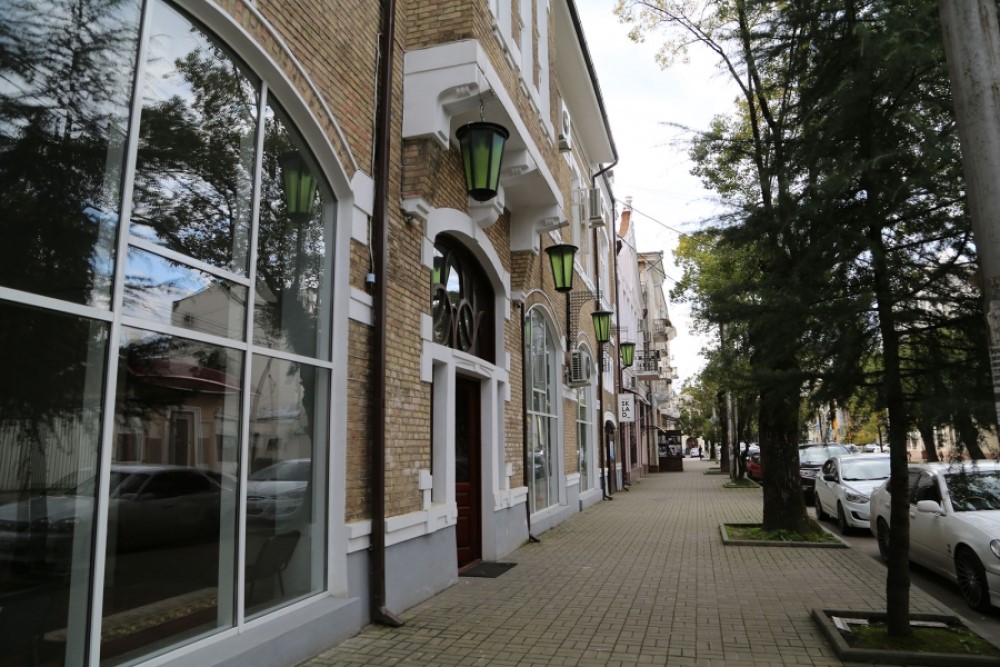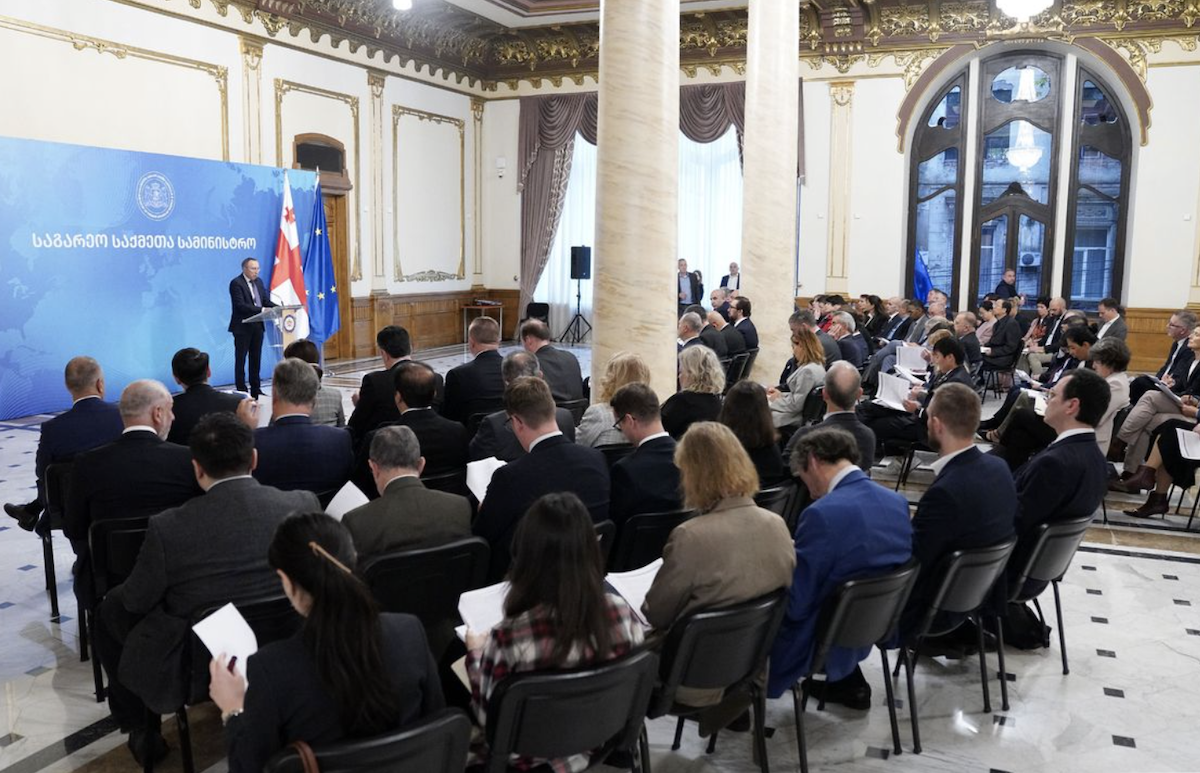Share














Most read

Opinion: 'Putin will leave sooner than we think — and Ivanishvili will follow'
Top stories in Azerbaijan, Armenia, and Georgia from 29 September-3 October, 2025
Opinion: “Europe’s ‘golden reserve’?” – Azerbaijan ousted from PACE but remains a strategic partner
Armenians’ living standards unchanged amid rising incomes and high inflation
Elections and a failed revolution: Georgia’s new political crisis?

Armenian political analyst: 'Aliyev sabotages peace process initiated by Trump'
European People’s Party calls for sanctions against Bidzina Ivanishvili
Georgian Prime Minister: 'No organisation or state condemned attempted government overthrow'
EU may impose sanctions on Georgian pro-government TV channels
European Parliament: 'Municipal elections in Georgia were held under restrictive conditions'











